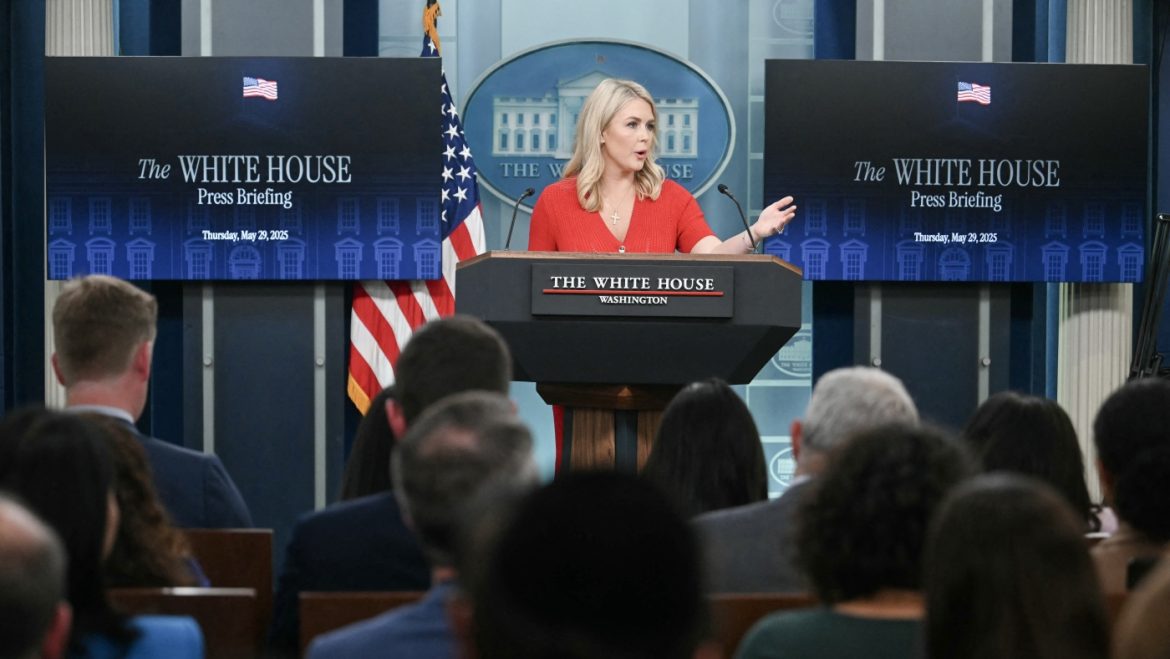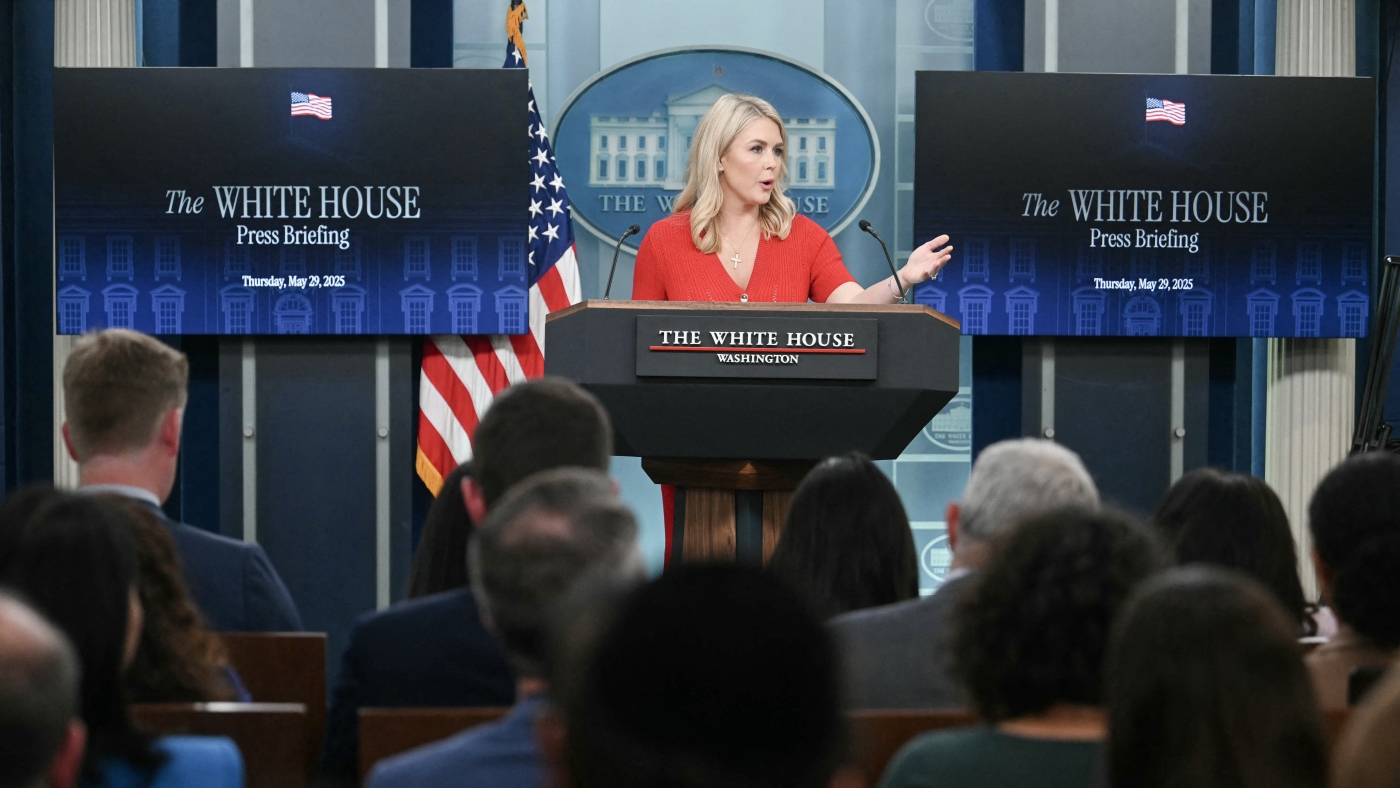The National Association of the Deaf (NAD) vs. The Trump White House: A Legal Battle for American Sign Language Access at Press Briefings
Introduction: The Fight for Deaf Accessibility in Government Communication
In recent years, the accessibility of government communications to the deaf and hard of hearing community has become a critical issue underscoring civil rights and inclusion. Central to this struggle is the role of American Sign Language (ASL) interpreters, who facilitate equal access to spoken information for deaf individuals. The National Association of the Deaf (NAD), a prominent advocacy organization, has engaged in significant legal action against former President Donald Trump’s administration and the White House, seeking to enforce the provision of ASL interpreters at public press briefings and events. This report explores the crux of these legal challenges, their implications, and the broader context of accessibility in official communications.
Background and Context: The Emergence of the Lawsuit
The NAD filed a lawsuit on May 28, 2025, alleging that the Trump White House violated federal law by abruptly halting the use of qualified ASL interpreters at press briefings and similar public events. According to the complaint, this removal of interpreters deprived deaf Americans of effective communication and equal access to vital information, particularly during critical times such as the COVID-19 pandemic.
Historically, previous administrations had provided ASL interpreters at White House press events. The sudden cessation of these services in January 2025 marked a turning point that galvanized the deaf community and their advocates to initiate legal proceedings. The NAD’s lawsuit contends that this action contravened multiple legal provisions, including Section 504 of the Rehabilitation Act, which prohibits discrimination on the basis of disability by federally funded entities, and constitutional protections found in the First and Fifth Amendments.
Legal Framework and Claims: Lawsuit Grounds and Federal Statutes
The NAD’s legal challenge is rooted in several federal laws designed to protect the rights of individuals with disabilities. Central among these is the Rehabilitation Act of 1973, specifically Section 504, which mandates that entities receiving federal funding must provide “effective communication” to those with disabilities. In this case, the NAD argues that simply providing closed captioning is insufficient, as ASL interpreters are necessary for many deaf individuals for full comprehension.
Additionally, the lawsuit identifies violations of constitutional rights, pointing to the First Amendment’s guarantee of equal access to government information and the Fifth Amendment’s due process protections. The NAD asserts that withholding ASL interpretation from press briefings equates to discriminatory treatment, effectively “silencing” a segment of the population from critical public health and policy discourse.
Impact on the Deaf Community: Accessibility, Inclusion, and Information Equity
The absence of ASL interpreters at White House press briefings has profound implications for deaf and hard of hearing Americans. Press briefings, especially those addressing matters such as the COVID-19 pandemic, contain urgent and life-saving information. Without accessible interpretation, deaf individuals face barriers in obtaining timely updates, guidance, and instructions.
Deaf advocates, including prominent figures like actor and model Nyle DiMarco, have expressed concern over this exclusion. The interruption in interpreter services was not merely a communication gap but perceived as a broader disregard for the needs and rights of the deaf community. The lack of accessible interpretation also highlights systemic issues in governmental transparency and inclusivity, raising questions about equal treatment under the law.
Judicial Developments and Outcomes: Court Rulings and Settlements
The legal battle between the NAD and the White House has produced landmark decisions and settlements. In a notable ruling in September 2020, a federal district court ordered the White House to provide qualified ASL interpreters for all press briefings related to the coronavirus pandemic. This decision reinforced the legal requirement for effective communication and set a precedent for subsequent accessibility efforts.
Following continued advocacy and litigation, a settlement was reached in December 2021, compelling the White House to resume consistent use of ASL interpreters across all relevant public briefings. This settlement underscored the recognition of deaf Americans’ rights to equal access and the government’s responsibility to uphold these standards.
During the Biden administration, these measures have been institutionalized, with White House press secretary Jen Psaki and successors committing to the routine presence of ASL interpreters at daily briefings. This represented a significant shift in policy and practice, aimed at correcting the shortcomings experienced during the previous administration.
Broader Implications: Disability Rights and Government Accountability
The NAD’s lawsuit against the Trump White House transcends the immediate issue of ASL interpretation. It spotlights the ongoing challenges faced by disabled Americans in accessing government services and information. The case emphasizes the necessity for governmental accountability in adhering to disability laws and ensuring equitable treatment.
Furthermore, it serves as a reminder that accessibility is not merely an accommodation but a right foundational to democratic participation. The controversy has sparked wider conversations about inclusive communication practices in government and has likely influenced accessibility frameworks in other public sectors.
Conclusion: A Milestone in Deaf Rights Advocacy
The legal confrontation initiated by the National Association of the Deaf against the Trump administration’s failure to provide American Sign Language interpreters at White House press briefings marks a defining moment for disability rights and governmental inclusion. The lawsuit illuminated critical gaps in accessibility, prompted judicial reinforcement of federal disability laws, and ultimately secured greater communication equity for the deaf community.
This episode underscores the vital importance of inclusive communication in democracy, setting a precedent for how government entities must engage with all citizens, regardless of disability. It also highlights the power of legal advocacy in holding public institutions accountable and advancing civil rights. The commitment to providing ASL interpreters at press events today stands as a testament to progress, though it also reminds us of the vigilance required to maintain and further these gains in accessibility and justice.


